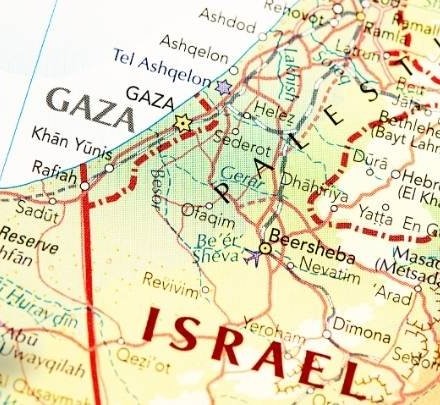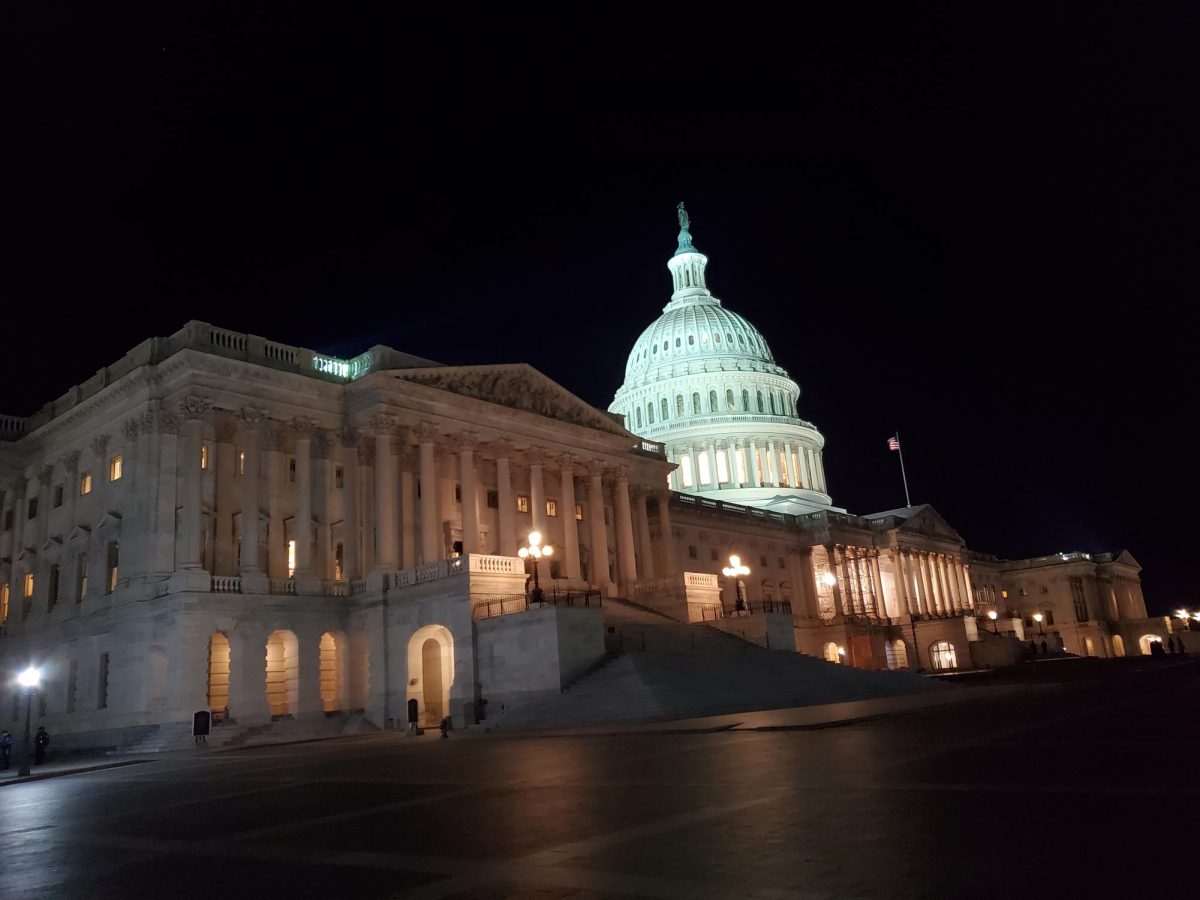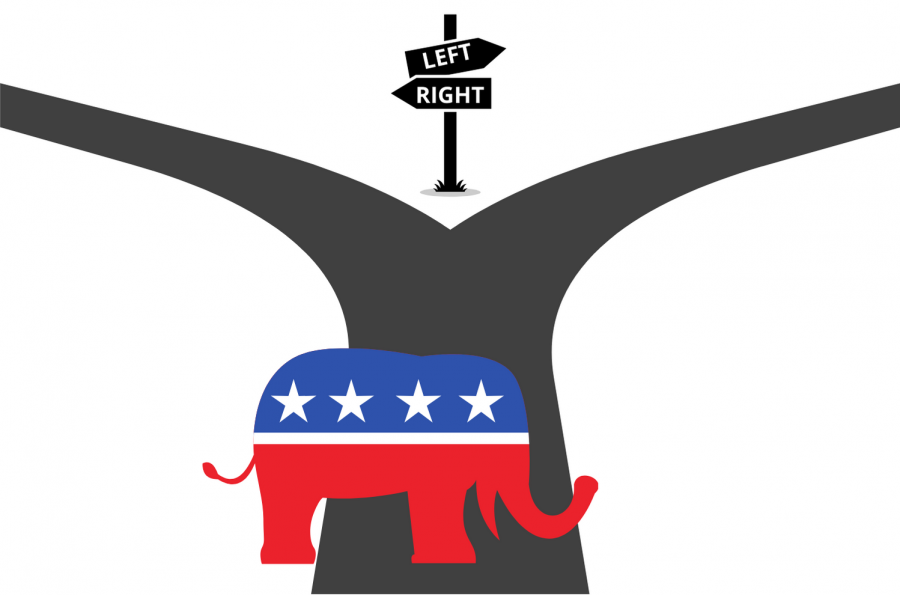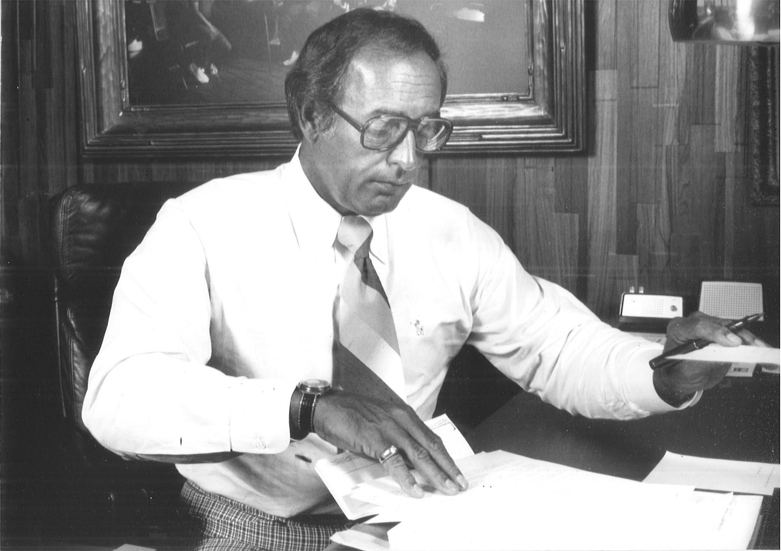On Dec. 30, 2011, Fareed Zakaria, a CNN foreign affairs journalist and writer, posited that if 2011 had been a year of “historic change” with its widespread protest movements such as the Arab Spring and the Occupy Wall Street movement, the year 2012 would be the “year of elections.”
He pointed out in his CNN column, Global Public Square, that 59 countries were holding elections on some level, and 26 of them were for national leaders. Elections do not always signal regime change, as incumbents, such as President Barack Obama, won re-election in this month’s elections. In South Korea, however, where presidential terms are limited to a single, five-year term, and where there is not a strong bipartisan divide, this December’s presidential elections could result in a significant regime change.
Park Geun-hye, according to many polls, is the front-runner in this upcoming election. She is the candidate of the ruling Saenuri Party, the re-imaged coalition of the conservative Grand National Party. The incumbent President Lee Myung-bak was elected president as the candidate of the Grand National Party in 2007, and took office the next year.
Geun-hye is the first female presidential candidate of South Korea. She is also the daughter of the late president Park Chung-hee, who led South Korea’s huge economic turnaround during his rule in the 1970s. He is also known for his dictatorial rule and human rights violations. Such aspects of his rule cast a shadow that hangs over Park’s political personage. In fact, two months ago she made a public apology for her father’s human rights abuses.
Park’s challenger is Moon Jae-in, the candidate of the liberal Democratic United Party. He is a lawyer who worked under Roh Moo-hyun, the late former president of South Korea. Roh committed suicide in 2009, amidst an investigation into his involvement in a corruption scandal that included members of his family. This is the legacy that hangs over Moon’s political profile. He is also from a very poor family. According to the BBC, his father was a “prison camp worker” and his mother, “a peddler.”
Ahn Cheol-soo, an independent candidate, dropped out this year’s presidential race earlier this month and endorsed Moon. He is the president of the prestigious Seoul National University and is a multi-millionaire owner of a software company.
Before his dropout, polls indicated a strong lead for Park, but Moon, with Ahn and his voters’ backing, could edge out Park. However, according to a Sunday poll released by Chosun Ilbo, a Korean news source, Park is in the lead with 43.5 percent support. Moon is trailing her with 39.9 percent.
South Koreans will head to ballots on Dec. 19. That means Park and Moon have less than three weeks to campaign. The winner of the election will take office in January 2013. By then, roughly 26 countries would have voted for their national leaders.
Elections serve as key junctures in democratic regimes. They can signal change or continuity. But even continuity will be shaped by promises of change from the incumbent regime as part of campaigning. If 2012 was the year of elections, 2013, voters hope, will be a year of dynamic regime adjustment.






